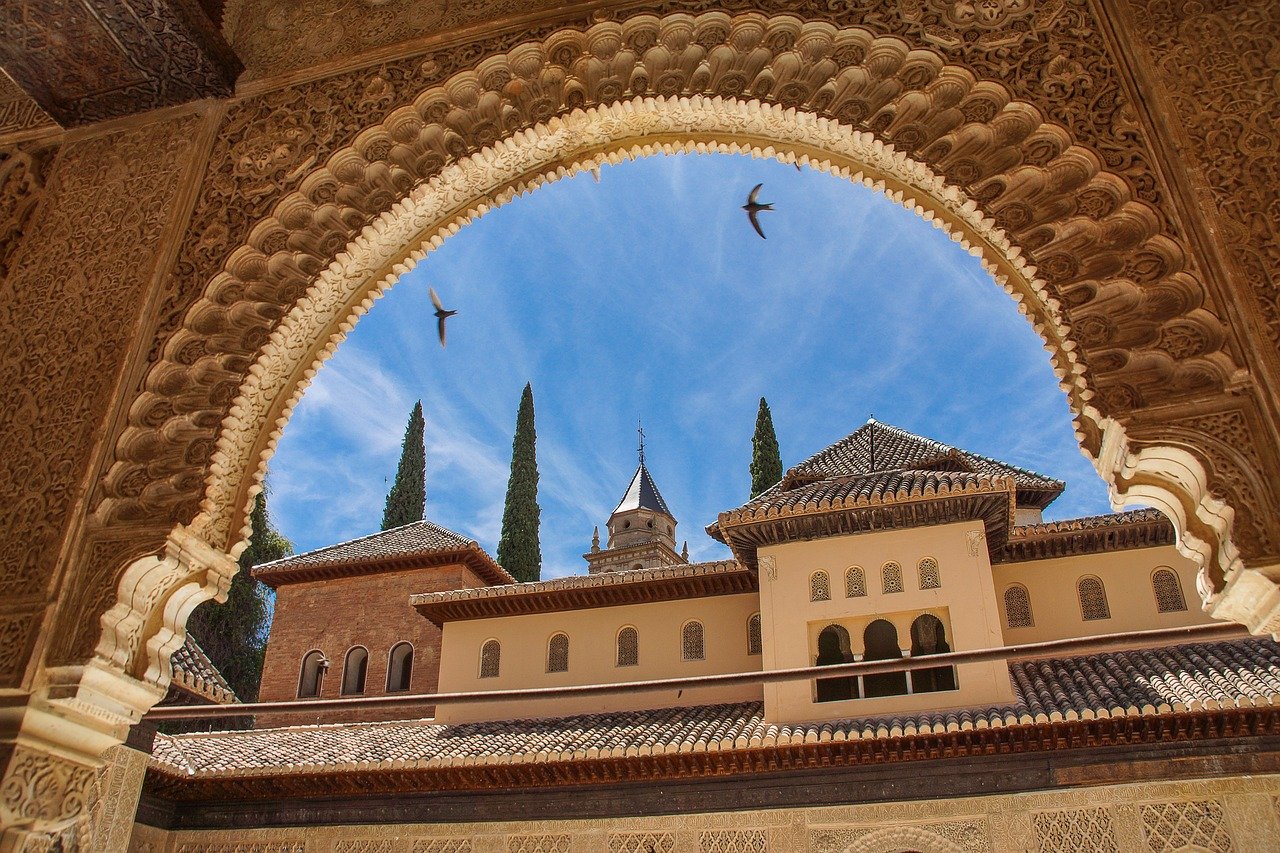VIRTUES Of ʿULAMĀ’ (SCHOLARS) All praises are for Allāh ﷻ, the Lord of the worlds. May peace and blessings be upon our beloved messenger, Muhammad ﷺ, his family and fellow believers. As the ʿulamā’ are passing away, true knowledge is becoming scarce, and many Muslims don’t seek Islāmic knowledge nor do they allow their children to pursue this holy path, I wanted to share some virtues of the ʿulamā’, so that their importance is perceived, and their virtues are appreciated. I am also writing this to encourage parents to allow their children to embark on this blessed path, and to motivate the students in hifẓ class and public schools to pursue this path. Perhaps, some may become motivated to be an ʿālim (scholar), some may encourage their children to embark on the blessed path of knowledge or at the very least, they will develop some love for the ʿulamā’ and support them by all the means accessible to them. The Prophet ﷺ has said: “Be a scholar, a student, a listener, or a lover of knowledge, but don’t be the fifth or you will be destroyed,” ʿAṭā’, one of the narrators, was asked about the fifth category. So, he said: “Fifth is that you loathe knowledge and the people of knowledge.’’1 May Allāh ﷻ make us from the first four categories and protect us from the fifth. Āmīn Virtues Of Seeking Knowledge Allah ﷻ says in the Qur’ān: “Allāh has elevated the ranks of the believers and those that have been given knowledge.” (Mujādalah:11) The Prophet ﷺ has said: “Whoever Allāh ﷻ intends good for, He grants him the understanding of dīn (religion).” (Bukhārī) The Prophet ﷺ has said: “Whoever treads a path in quest of knowledge, Allāh ﷻ makes the path to paradise easy for him.” (Muslim) The Prophet ﷺ has said: “Allāh, His angels, the dwellers of the heavens and the earth, and even the ant in its hole and the fish (in water) supplicate for those who teach people knowledge.” (Tirmidhī) The Prophet ﷺ has said: “Indeed, the angels lower their wings for the seeker of knowledge, being pleased with what he does. The inhabitants of the heavens and the earth and even the fish in the depths of the ocean seek forgiveness for him. The superiority of the ʿālim over the ʿābid (devout worshipper) is like that of the full moon to the rest of the stars (in brightness). (Abū Dāwūd and Tirmidhī) The above are a few selections from the many Qur’ānic verses and prophetic traditions about the virtues of seeking the knowledge of sharīah. This should be enough to inspire us to tread the path of knowledge. In our times, the demand for ʿulamā’ is high but the supply is low. Yes, it is not incumbent (farḍ) on every Muslim to be an ʿālim but addressing this demand should be a matter of concern for every Muslim. ʿUlamā’ Are the Heirs of The Prophets The Prophet ﷺ has said: “Indeed, the ʿulamā are the heirs of the prophets. And verily, the prophets have not bequeathed dinar nor dirham but only knowledge; and he who acquires it, has in fact acquired an abundant portion.” (Abū Dāwūd and Tirmidhī) The above ḥadīth expresses the great status of ʿulamā’ and their virtues. Those brothers/sisters who seek the path of knowledge are the heirs of Prophets. It is a great honor that Allāh ﷻ has selected them to serve, preserve, learn, teach, and preach His magnificent religion just as He had selected the Prophets. Continuous Rewards for an ʿĀlim and His Parents Imagine the rewards of an ʿālim, from the beginning of his journey till he leaves this world. Even in his grave, he will continue to receive rewards because of the knowledge he has left behind. The Prophet ﷺ has said: “When a man dies, his deeds come to an end except for three things: ṣadaqah jāriyah (ceaseless charity), knowledge which is beneficial, or a virtuous child who prays for him.” (Muslim) SubḥānAllāh, this ḥadith promises continuous rewards for an ʿālim, his parents and the donors. As for the ālim, it is clear. As for the donors, it is because they have spent their money in the path of Allāh ﷻ. As for the parents, firstly because they were one of the means of their child becoming an ʿālim. Secondly, because their child and descendants will make duʿā’ for them. Beautiful Example of the ʿUlamā’ The example of the ʿulamā’ on the earth is like that of the stars in the skies. The stars are described with three qualities in the Qur’ān: The stars are the beauty of the skies. The stars are used to pelt the shayāṭīn (devils). The stars are used by the travelers to navigate the correct path. Just like how the stars are the beauty of the skies, the ʿulamā’ are the beauty of the earth. Just as the stars are used to pelt the devils, the ʿulamā’ are used by Allāh to defend His religion against the devils on earth. Just as the stars are used to find the correct path, similarly ʿulamā’ are the source of light and guidance for the mankind. Who Is an ʿĀlim/ʿĀlimah2? I wanted to end by defining a true ʿĀlim. A true scholar is not the one who has a lot of knowledge. Rather, he is the one who possess the fear (khashya) and love of Allāh ﷻ and His messenger ﷺ. He is not only the inheritor of the prophets in knowledge, but also in their character and righteousness. ʿAbdullāh ibn Masʿūd (r) said: “Knowledge is not narrating many ‘aḥadīth3, rather knowledge is (possessing) the fear (khasya) of Allāh ﷻ.”4 Imām Mālik said: “Knowledge (ʿilm) and wisdom (ḥikmah) are a light (nūr), Allāh ﷻ guides through it whom he wants, and it is not (knowing) many legal rulings.”5 I have prepared this short article before the launch of our ʿĀlim Course in September 2021. May Allāh ﷻ grant… Continue reading VIRTUES Of ʿULAMĀ’ (SCHOLARS)
- Donate Now
- info@alhikmahinstitute.org


